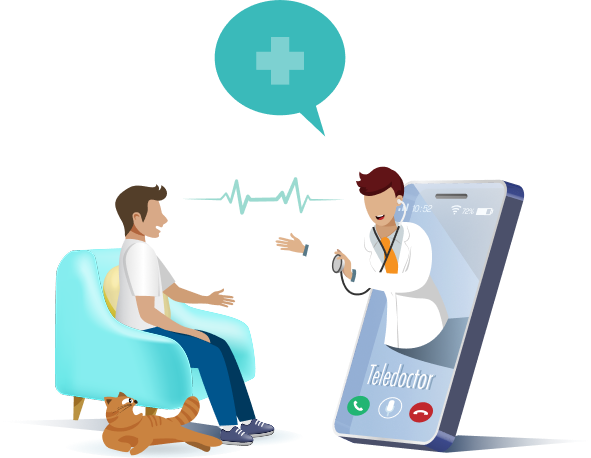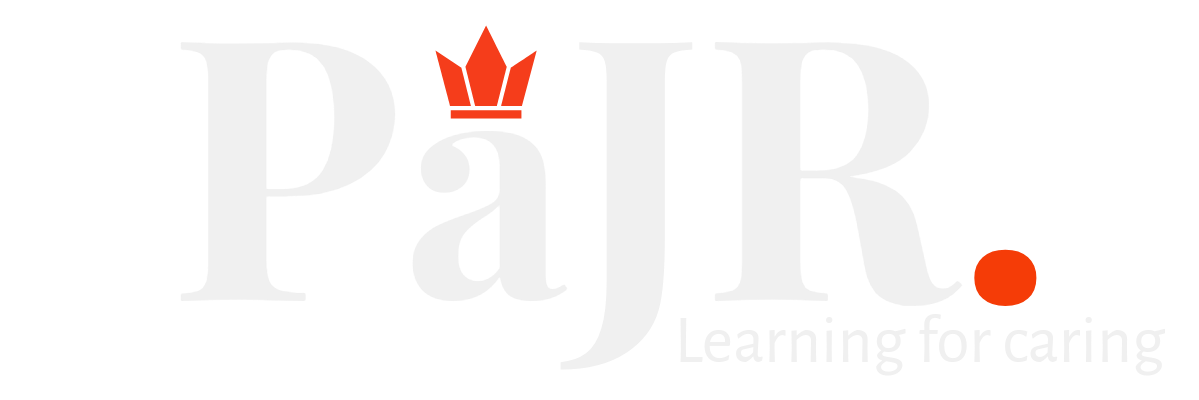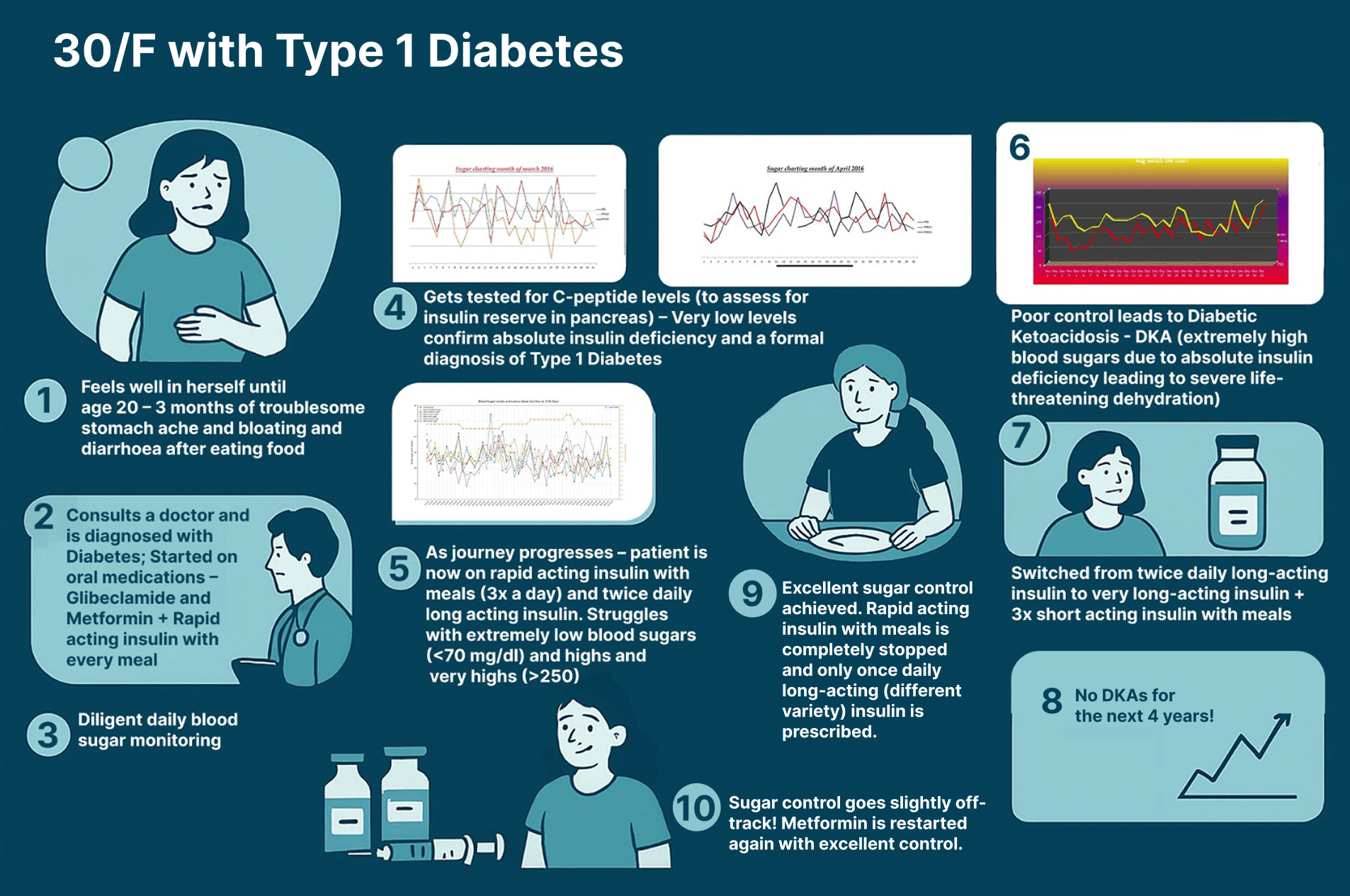PaJR is Patient Journey Records.
Healthcare is best delivered in a longitudinal, continuous and real time conversational manner.
PaJR also caters to the single most important node in any healthcare system – you, the patient.
What PaJR enables is for you to understand your disease, understand how and why it evolves and what outcomes you want to achieve with it.
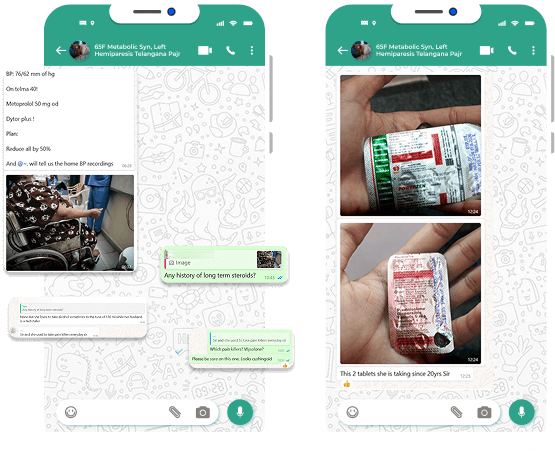
PaJR is free at the point of care and fully deidentified.
You, your health advocate and a team of doctors are all batting for the same common goal – improving patient outcomes.
The bedrock of PaJR is to educate patients and empower them to focus on what outcomes they want. All medical decisions will pivot on achieving these outcomes.
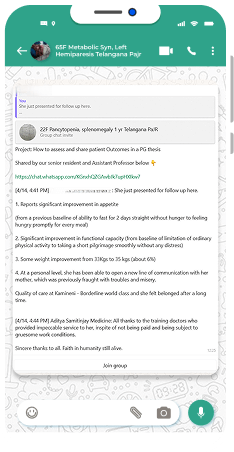
PaJR aims to democratize medical knowledge to you – the patient.
A patient who learns more about their disease is empowered and asks for better quality healthcare.
Our singular aim is to achieve that. We shall democratize knowledge to you, and you ask us doctors to deliver better to improve your outcomes.
Our singular aim is to achieve that. We shall democratize knowledge to you, and you ask us doctors to deliver better to improve your outcomes.
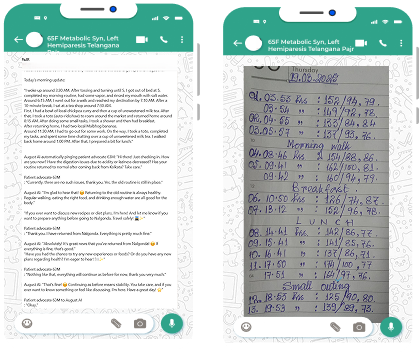
PaJR focuses on your daily living
what you eat daily through your foodplates, what you do daily through your daily routine log and how these are impacting your disease outcomes.
Our immediate goal is to assess how food and physical activity are impacting your disease outcomes. At a next level, we want to see how the air you breathe, how the sounds you listen to and what you see, and touch is impacting your health.
All deidentified fully. PaJR applies first principles thinking in analysing your I-P-O (input-processing and outcomes)
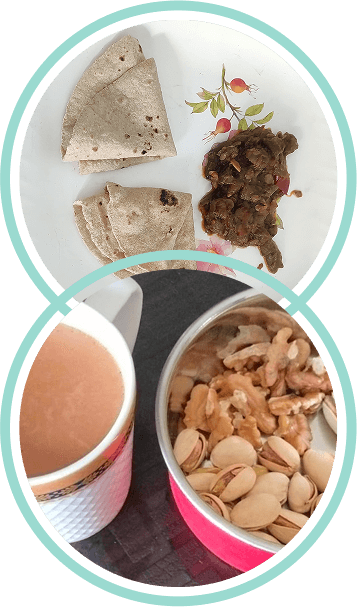
Our Mission
Mission Statement
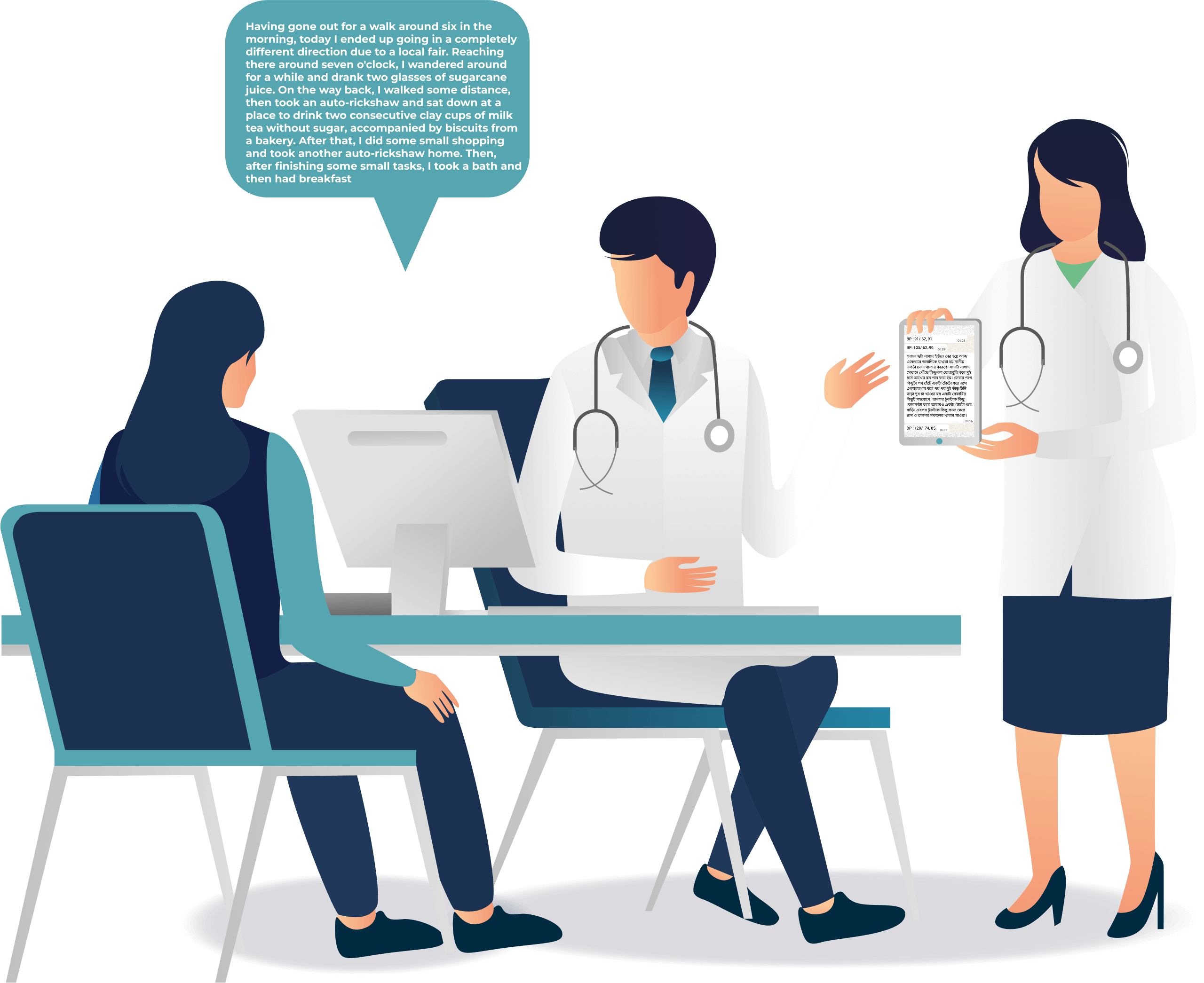
Human beings are the embodiment of conscious living. However conscious living makes up a very small part of our daily living. It is the subconscious, the unknown within us which practically governs our lives and experiences. Humans sense their environment broadly through 5 special senses – vision, hearing, touch, smell and taste and likely several unknown senses! Every human being process this differently and eventually has a different outcome. As such, the existence and experience of health and disease too is individual specific and thus we want to deliver accuracy and precision to improve your disease outcomes.
This is where PaJR comes in. PaJR is Patient Journey Record where you are the owner of your health and disease. How you experience your diabetes and how you experience your heart failure is completely different than what another patient with the same diagnosis experiences. Blanket solutions and all-in-one therapies have failed spectacularly and do not address patient-centred problems in any way.
Interactive Patient Journey Timelines
Here’s how a patient experiences their medical journey
About Us
PaJR was birthed on the day humans started journaling their life.
PaJR was birthed on the day humans started journaling their life. All books, all biographies and all memoirs invariably are medical case reports or journals. Your autobiographical being, which sees you in 3rd person is your own perception of how you behave, how you emote and how you perceived things. Diseases are not simply diagnoses and a set of numbers which need to be treated, they are experiences, emotions and shape lives in every possible way, particularly in India, wherein the owner of the disease alone does not experience the disease, it is their family, friends or anyone invested in them who experiences the disease with them. A disease here in India is a diagnosis for a collective unit!
This forms or should form the very bedrock on which medical practice should be based. As with most systems, which initially start off clean, the stakeholders in the system eventually change and lead it to a different direction and thus pivot and respond to a completely unrelatable set of incentives. However, one thing has and will very likely remain constant in any healthcare system – that patients are the most important stakeholders, and they want their outcomes improved for which they seek healthcare. Therefore, patients’ outcomes have to be at the centre of all decision-making.
Create Your Own PaJR
Step 1
Patient shows interest in getting onto PaJR
Step 2
Signed consent is taken from the patient. Consent forms details what is offered and done and what cannot be
Step 3
A volunteer /advocate reaches out to the patient and takes a detailed history and sequence of events from the patient.
Step 4
A WhatsApp group is created for the patient and the patient’s information is shared by the advocate on a daily basis. A team of doctors, students and researchers etc. are added to the group.
Step 5
Conversational daily log of the patient’s food and activities and other relevant information is entered and patient centered outcomes are identified and prioritised
Step 6
Conversational decision support system (CDSS) is applied and the patient is educated about their own condition and made aware of what is causing their current outcomes. Precise and accurate recommendations are tailored to the individual patient to improve their outcomes.
Our Roadmap
Innovations & Roadmap
PaJR is all about data. Longitudinal, real-time continuous data collection is at the heart of how we operate. We understand that data collection, which is currently being done by our incredibly hard-working patient advocates and volunteers, is our biggest bottleneck to unlock our full potential. The more data we gather, the more our patients benefit. Thus, our short-term focus is on automating data collection – we are currently focusing on these domains –
Spectroscopic food analysis | Non-invasive Glucose Monitoring | Smartwatch based vascular metrics | ‘The Sensor’
